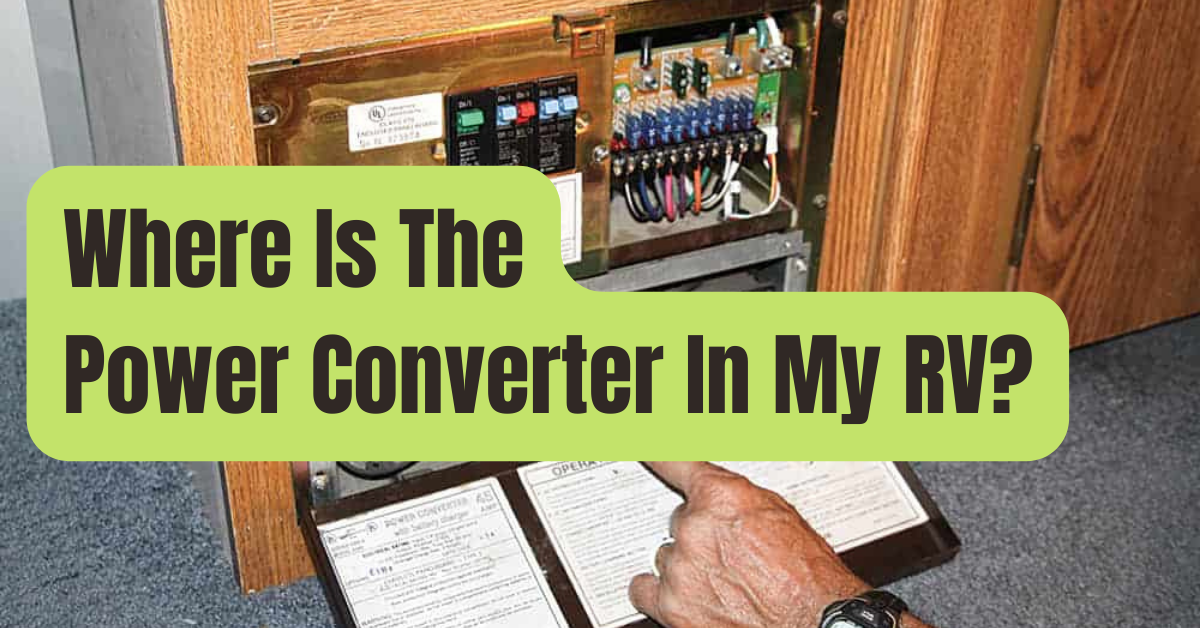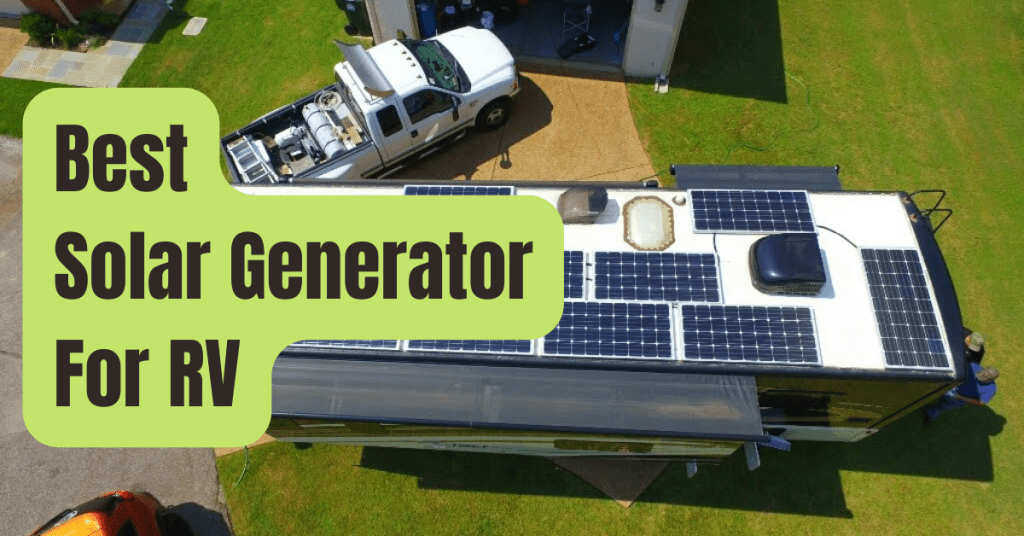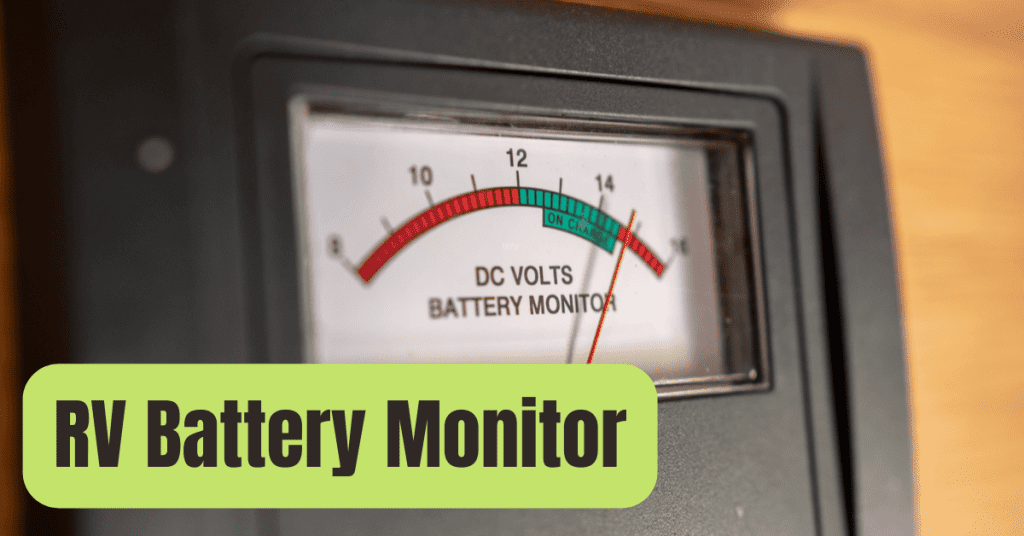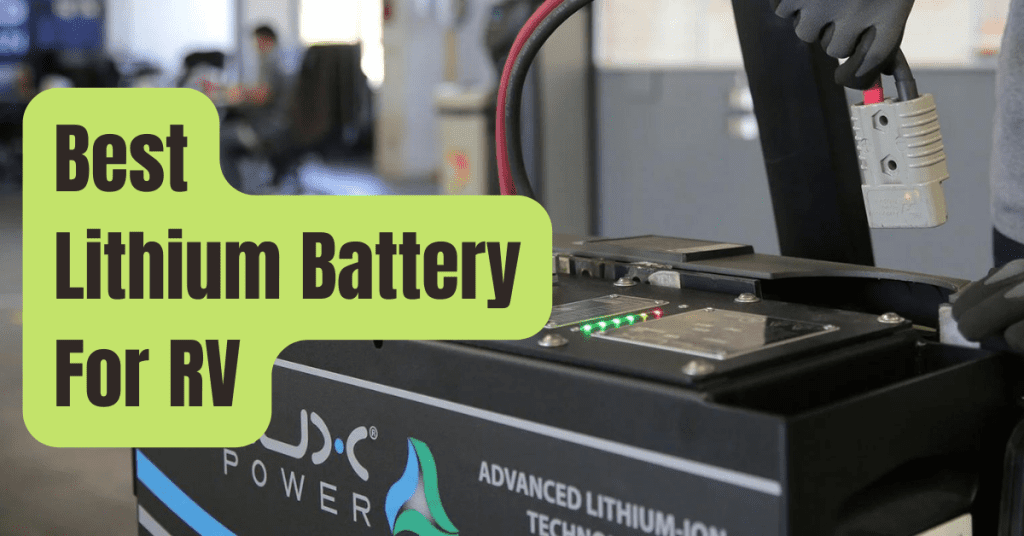Your electricity should be in good working condition when you take your RV on any camping vacation.
Your trailer batteries are one option for supplying electricity to your RV, and another is by plugging it into shore power.
Your trailer will function properly thanks to two central power systems in your RV.
Your converter and inverter will provide you access to electricity the whole time you’re traveling and contribute to the comfort of every journey.
When you are hooked into shore power, the 120 volt electricity is converted by the RV converter into power to recharge your RV batteries.
The converter may be found in more than one place in each trailer.
Your converter is often located close to your control panel.
Your control panel probably has a tiny vent or fan nearby that will serve as a clear indication that your converter is nearby.
It’s important to understand how your RV’s power system works before purchasing a new or old trailer.
What what a converter is, where to get one, and other topics will be covered in this article.
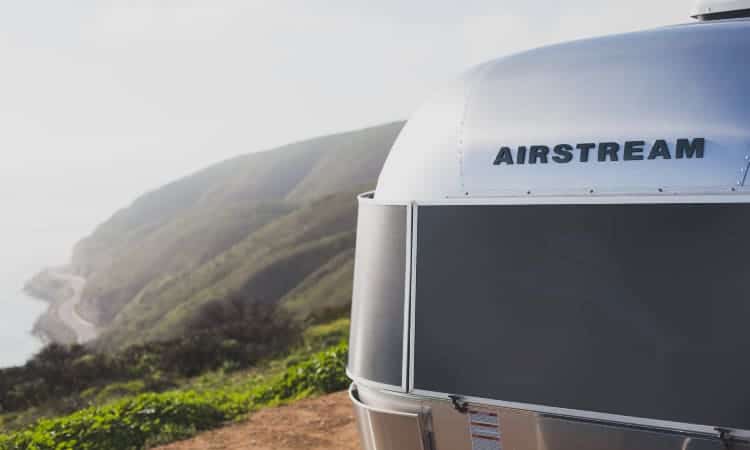
In My RV, Where Is The Power Converter?
The converter may be scattered around your trailer in different locations, but there are a number of techniques to locate it precisely.
One is that most converters will include a fan or other means of cooling them down.
Many converters will be concealed under what seems to be a tiny vent or fan, next to the control panel.
Turning all of the lights on in your trailer while your AC is off can help you find your converter.
The sound of a faint buzzing will soon start, pointing you in the direction of your converter.
You may always get help and advice from your RV manufacturer if you’re still having difficulties finding your converter.
How Does My RV Power Converter Work?
You may utilize shore power with your RV Converter to operate DC appliances and charge your batteries.
Anytime you are hooked into shore power, the RV Converter will allow you to keep your battery charged.
Being connected to a generator or plugging in at a campsite are two examples of using shore power.
An RV power converter is a crucial component of your vehicle no matter where you use your trailer, fifth wheel, or motorhome.
When unplugged, your trailer’s battery will provide electricity to a number of different components.
Among them are, but not limited to:
- Refrigerator
- Lights
- Thermostats
- Fan Vents
A functioning battery is necessary, and your converter is required for charging your batteries.
If your converter isn’t operating properly, you run the chance of other components on your trailer breaking down as well, which might cause more serious problems in the future.

What Distinguishes an Inverter from a Converter
There is an inverter and a converter inside every trailer, fifth wheel, and motorhome.
They both have quite distinct functions, but they do have one thing in common: they both provide your rig power.
To power specific fixtures and appliances within your trailer, an inverter will draw energy from your batteries.
To power devices in your trailer or fifth wheel, it will convert the 12 volt electricity from your battery to 120 volts.
Always remember that it won’t be able to power everything in your trailer.
You can often operate lights, your sliding mechanisms, and a few other things using the inverter that comes with your trailer.
While an inverter may not provide enough power to operate the whole setup, it does enable you to run some of its components.
A converter will transform shore electricity so that your battery may be recharged and used later.
The only method to recharge your RV batteries while hooked into electricity is to have a converter in your vehicle.
Your converter requires electricity to convert the 120v home power into energy to recharge your battery, regardless of whether you are using solar power, a generator, or a campsite connection.
Your trailer may be powered while you’re on the road thanks to a converter and inverter that are placed in your vehicle.
While you will have one in your equipment, you always have the option to swap it out for a bigger, more potent converter.
How Can I Tell If My RV Converter Is Malfunctioning?
Your RV’s converter is a valuable resource for the power requirements it has.
You need to be aware of a few indicators that your converter may be malfunctioning.
- Dimming lights
- Temperature stability issues with the refrigerator
- Electronics not functioning correctly
It is essential to seek professional advice if you suspect that your converter may be malfunctioning.
A specialist can quickly and effectively identify the source of the problem, enabling you to have a fully functional trailer in no time.
It is not advisable to install a converter yourself because mistakes can lead to significant problems down the road.
One issue that can arise from improper converter installation is the burning up of your electrical system, which is a much bigger issue than a broken converter.
You use a converter on every single trip you take, even though replacing one can be a little more expensive depending on the size of the converter you need.
Conclusion
Your family can make a lot of lifelong memories with the aid of a trailer, RV, or fifth wheel.
You can pack your trailer for every excursion you go on and tow it to your next stop.
It’s crucial to comprehend your trailer and how everything operates before embarking on your first road trip.
The electrical system of your trailer is one component of your RV or trailer that you should be well familiar with.
Inverters and converters are a few of the components you should be aware of.
Your battery is used by inverters to transform it into electricity for your RV.
Your converter transforms 120 volt shore power into energy to recharge your 12 volt battery.
Your converter is normally located close to your control panel, and if it ever has any problems, you should seek immediate expert advice.
Before leaving on your first vacation, it’s important to take the time to comprehend what an RV converter works and why it’s required.
The electrical system in your vehicle helps to make your trip more pleasant and enables you to utilize numerous devices you would normally use at home.
Understanding your rig and its electrical system is crucial since it makes it much simpler to identify the problem’s root cause in the event that anything goes wrong.

